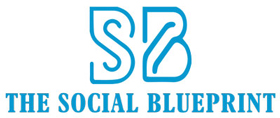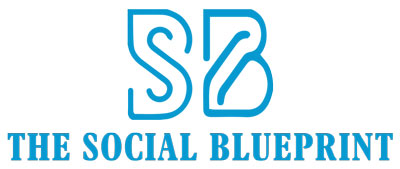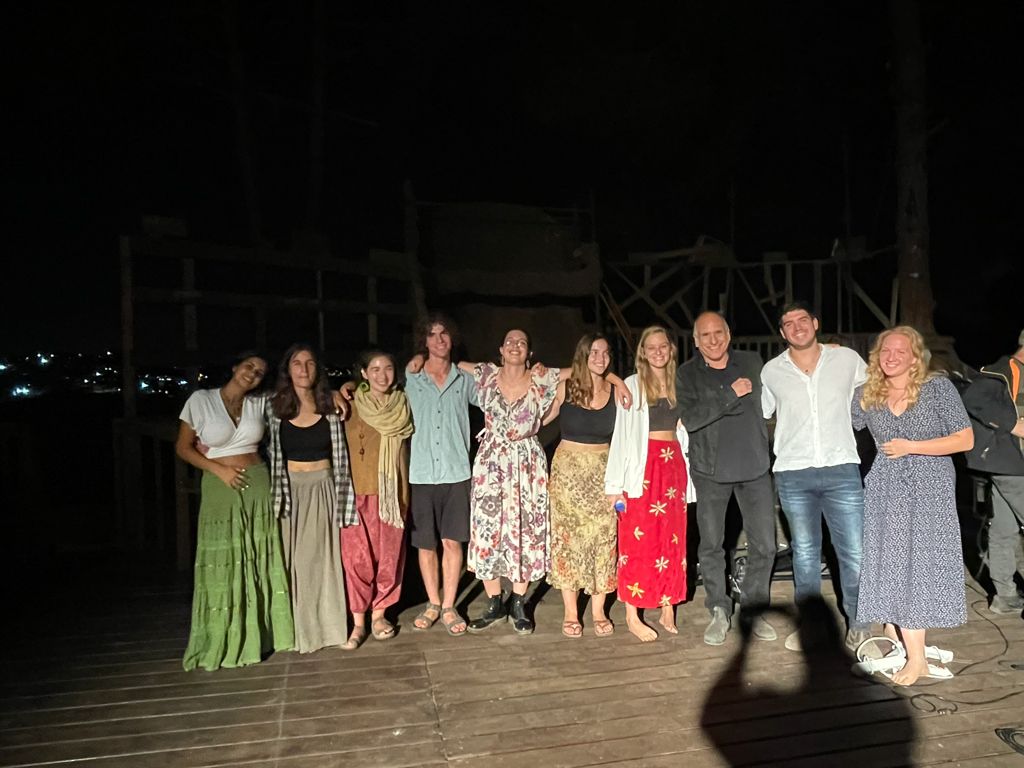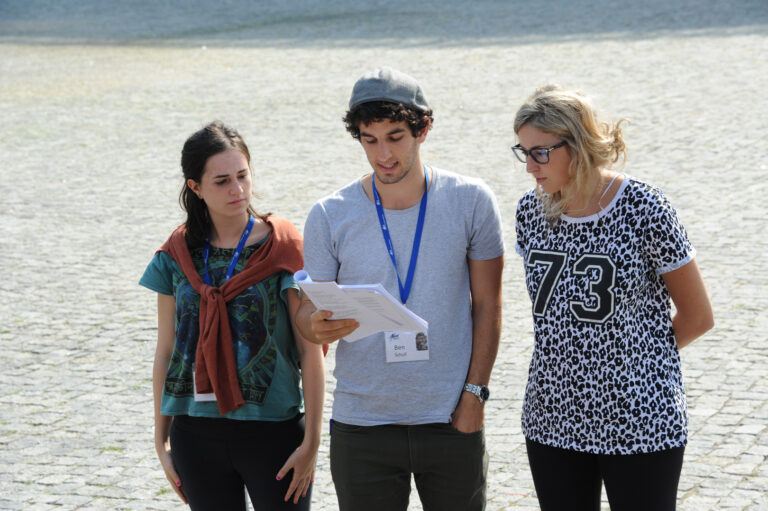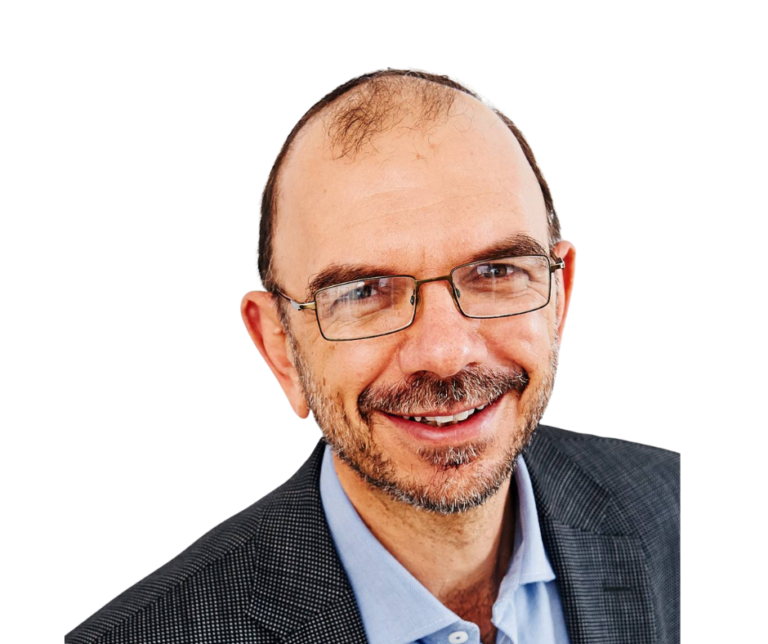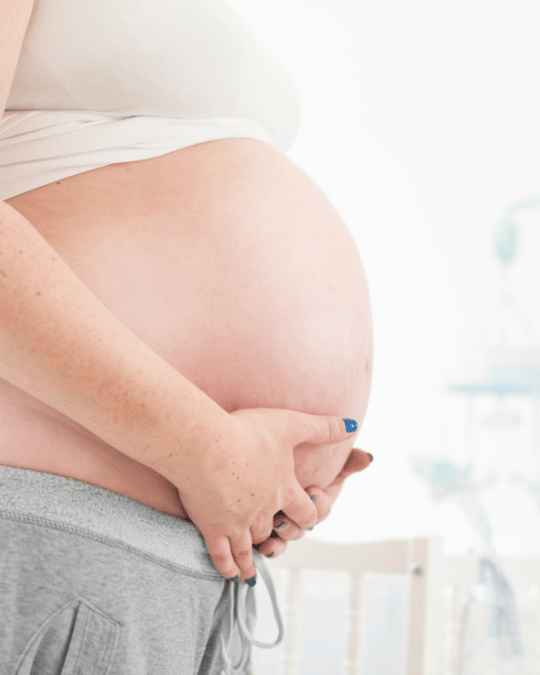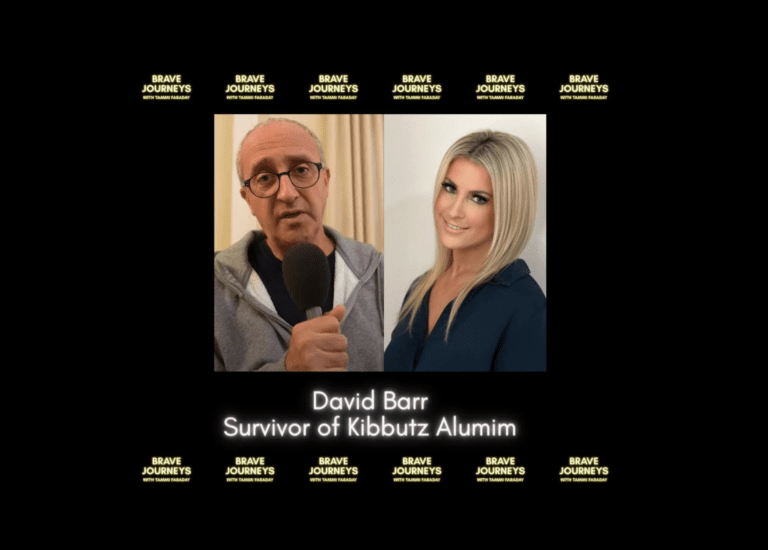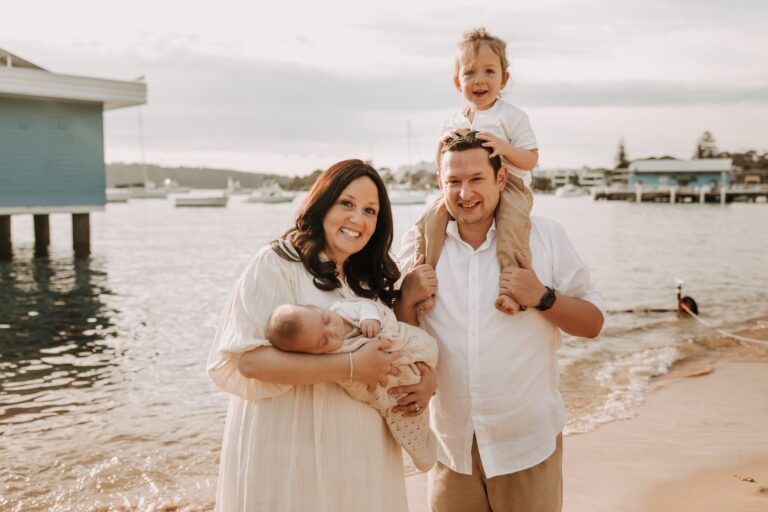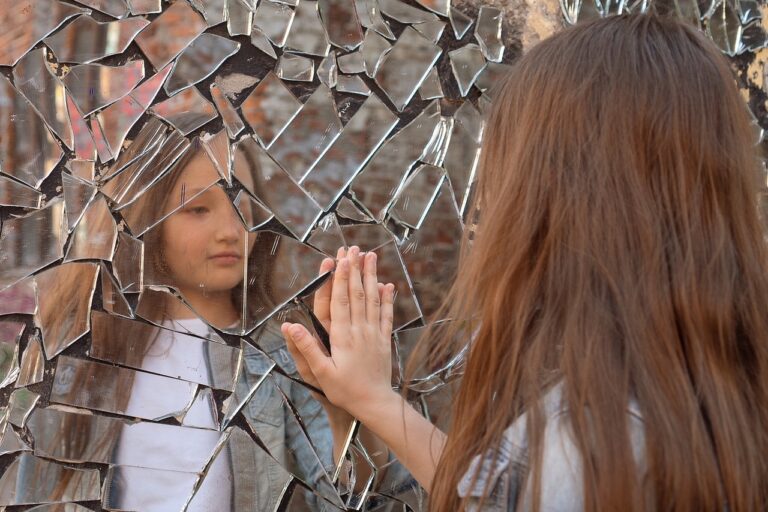 It feels more than coincidental that I found myself living and working in the most special corner of the earth. Directly before arriving at Project TEN in Harduf, I had just completed my undergraduate degree at the Gallatin School of Individualized Study at NYU. My concentration was focused on the fields of Child Development, Performance Studies, and Disability Studies. While I aspire to eventually pursue a secondary degree in expressive arts therapies to work in the performing arts with children with disabilities, I knew that I had a more immediate goal to live in Israel to volunteer for an extended period of time post-college. Every time I had visited in the past, I had discovered more about who I was as a person and as a Jew than I ever had back in the States. In high school and college I became active in my Jewish community specifically around Israel education and advocacy, and I always found that this experience had made me more thoughtful, observant, and analytical of everyday events around me. In a world torn apart by illness, conflict, and hate, it felt more right than ever to return directly after graduation to the place where I have always felt most like myself and to join a cohort of young leaders that were devoted to making our homes and communities a better place.
It feels more than coincidental that I found myself living and working in the most special corner of the earth. Directly before arriving at Project TEN in Harduf, I had just completed my undergraduate degree at the Gallatin School of Individualized Study at NYU. My concentration was focused on the fields of Child Development, Performance Studies, and Disability Studies. While I aspire to eventually pursue a secondary degree in expressive arts therapies to work in the performing arts with children with disabilities, I knew that I had a more immediate goal to live in Israel to volunteer for an extended period of time post-college. Every time I had visited in the past, I had discovered more about who I was as a person and as a Jew than I ever had back in the States. In high school and college I became active in my Jewish community specifically around Israel education and advocacy, and I always found that this experience had made me more thoughtful, observant, and analytical of everyday events around me. In a world torn apart by illness, conflict, and hate, it felt more right than ever to return directly after graduation to the place where I have always felt most like myself and to join a cohort of young leaders that were devoted to making our homes and communities a better place.
As someone that finished a degree in “individualized study” I have often felt like my identity has been compartmentalized into multiple fields and career paths. However, landing in Harduf with Project TEN somehow made everything I had been working towards in the last four years make sense. The focus and importance placed on community art and theater making, the effort to deconstructing normalcy and creating an all encompassing atmosphere of inclusion, the commitment to eco-conscious living and returning to nature – these are just a few of the ways in which this program pulled together the ideas of my multifaceted degree.
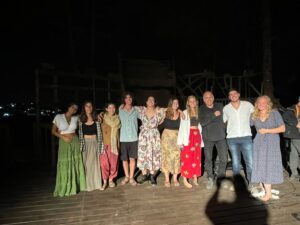 While I knew that being in Project TEN would include some work with performing arts and children with which I have had much experience, I had yet to undertake any significant project or volunteer experience having to do with social justice and community building – some of the main tenets of this program. Twice a week we worked with members that lived at an assisted living facility on the Kibbutz that have varying intellectual, mental, and physical disabilities. The approach to life at the center was completely holistic and in many ways arts centered, where the needs of the members were matched to specific everyday workshops including but not limited to working at the stables with therapy horses, tending to smaller farm animals, gardening, ceramics, baking, etc. The rest of the week we were either maintaining the garden in the forest where we live, and working at Arab schools helping to teach English. The relationships that we built with these kids were of immeasurable value not only to their classrooms and to us as a cohort, but the connections extended out into their communities as well. Let me reiterate, I had no idea a place like this could exist. I was just looking for a quaint little farm in the North of Israel that maybe had one of these elements. There’s no question I was a perfect fit for Harduf, but I’ve come to realize that anyone that finds themself there also feels that way for their own specific reasons. When I hear how my peers articulate their connections to this place, I’m blown away by the many ways we all have made this Harduf our home.
While I knew that being in Project TEN would include some work with performing arts and children with which I have had much experience, I had yet to undertake any significant project or volunteer experience having to do with social justice and community building – some of the main tenets of this program. Twice a week we worked with members that lived at an assisted living facility on the Kibbutz that have varying intellectual, mental, and physical disabilities. The approach to life at the center was completely holistic and in many ways arts centered, where the needs of the members were matched to specific everyday workshops including but not limited to working at the stables with therapy horses, tending to smaller farm animals, gardening, ceramics, baking, etc. The rest of the week we were either maintaining the garden in the forest where we live, and working at Arab schools helping to teach English. The relationships that we built with these kids were of immeasurable value not only to their classrooms and to us as a cohort, but the connections extended out into their communities as well. Let me reiterate, I had no idea a place like this could exist. I was just looking for a quaint little farm in the North of Israel that maybe had one of these elements. There’s no question I was a perfect fit for Harduf, but I’ve come to realize that anyone that finds themself there also feels that way for their own specific reasons. When I hear how my peers articulate their connections to this place, I’m blown away by the many ways we all have made this Harduf our home.
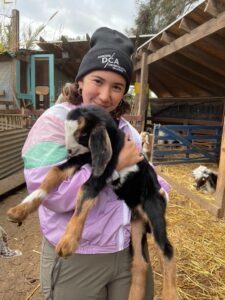 The descriptions above don’t even cover all of the learning and personal growth that occurs after the labor intensive volunteer day is done. I didn’t expect theater to be a core aspect of the Project TEN at Harduf experience; let alone community driven theater with an emphasis on identity building – key components of any psychodrama or drama therapy session. This feature of the program is unique to Harduf and its anthroposophical underpinnings. Creative expression and free play are major elements of what Rudolf Steiner, the philosopher who founded the movement, believed to be essential in the development of children and human beings in general. That said, many of the families who founded Harduf all wholeheartedly stand behind a thorough theater education, and there is even a fantastic speech and drama school held on the Kibbutz where many actors across the country come to train. For these reasons and more, the program directors of Project TEN in Harduf felt it necessary to make theater building a large part of the supplemental activity within the cohort. The thing about creative expression in general is that it helps you understand yourself in order to better understand others. If I can understand how to listen, be flexible, and connect in a safe and free space of play, I can better stay on my toes teaching English to the Arab Israeli kids in Shefarm, or handle a tough situation with a member at the assisted living center in the kibbutz. Theater gives us a chance to rehearse the ways we want to act in real life.
The descriptions above don’t even cover all of the learning and personal growth that occurs after the labor intensive volunteer day is done. I didn’t expect theater to be a core aspect of the Project TEN at Harduf experience; let alone community driven theater with an emphasis on identity building – key components of any psychodrama or drama therapy session. This feature of the program is unique to Harduf and its anthroposophical underpinnings. Creative expression and free play are major elements of what Rudolf Steiner, the philosopher who founded the movement, believed to be essential in the development of children and human beings in general. That said, many of the families who founded Harduf all wholeheartedly stand behind a thorough theater education, and there is even a fantastic speech and drama school held on the Kibbutz where many actors across the country come to train. For these reasons and more, the program directors of Project TEN in Harduf felt it necessary to make theater building a large part of the supplemental activity within the cohort. The thing about creative expression in general is that it helps you understand yourself in order to better understand others. If I can understand how to listen, be flexible, and connect in a safe and free space of play, I can better stay on my toes teaching English to the Arab Israeli kids in Shefarm, or handle a tough situation with a member at the assisted living center in the kibbutz. Theater gives us a chance to rehearse the ways we want to act in real life.
Much like my concentration in college, I had to take a step back at first to see how all the pieces of Project TEN and Harduf fit together. The activities themselves may seem unrelated, but there is a common throughline – human connection. I didn’t need to be fluent in Arabic or even Hebrew for that matter when interacting with the people that I volunteer among. A willingness to find other modes of communication to reach a common understanding is all you need. I hope that I can bring back these values and perspectives to my life in the States, knowing that even in the deepest of conflict, we all have an equally deep capacticity for compassion.
Author:
Sylvia Coopersmith, NYC
